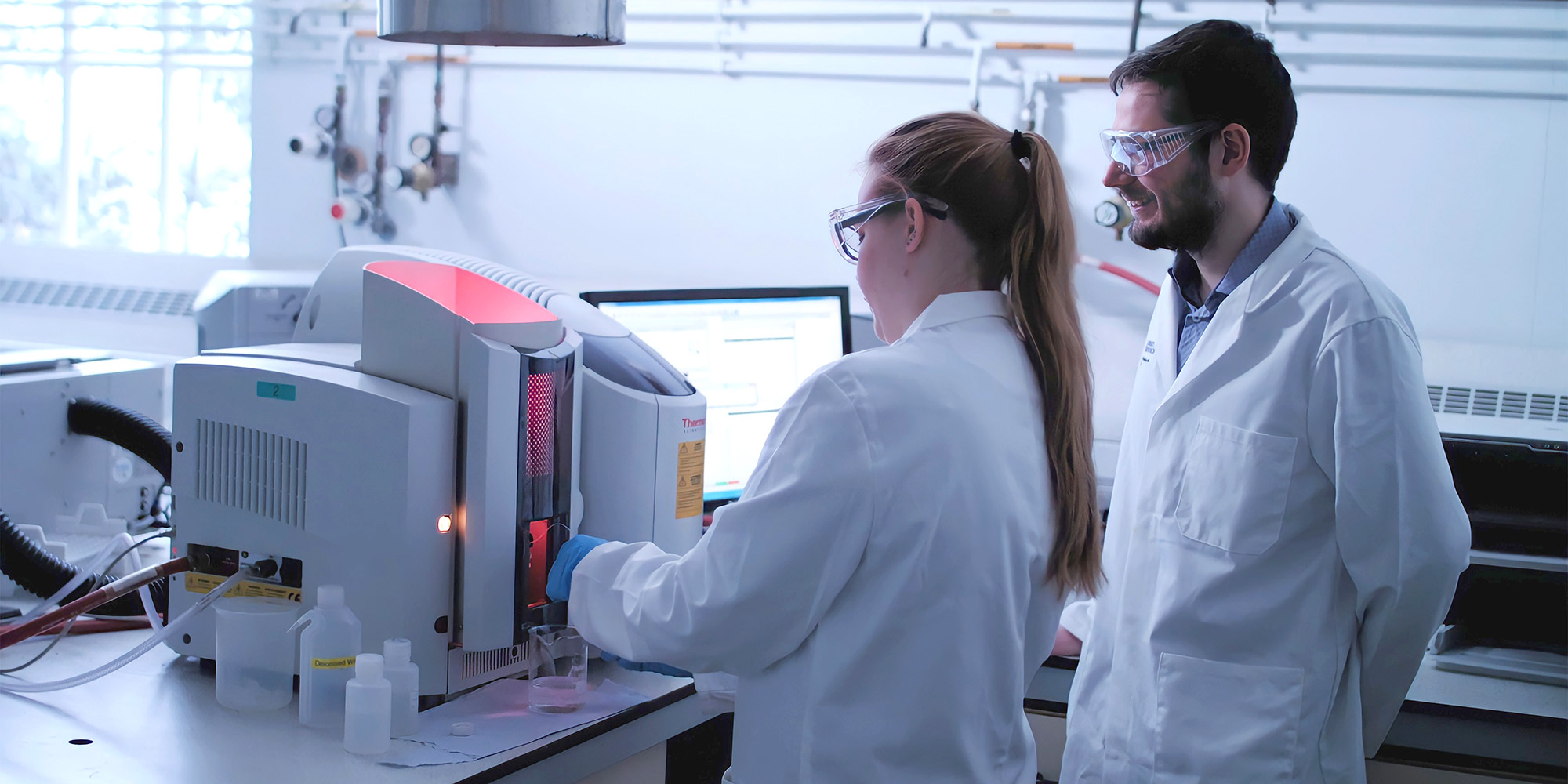An alternative to a standard degree
The Faculty of Engineering and Science are proud to deliver apprenticeship programmes with a number of great companies including Ford, Pfizer and Thames Water. An apprenticeship is an alternative gateway to entering your profession. Apprentices work alongside their studies – you would be employed and work at your place of work up to four days a week, while also attending our university at least one day in the week to participate in lectures, practical activities and more with your fellow students. For this reason, it takes longer to complete a degree apprenticeship compared to the standard degree route, and you’ll need to be motivated and good at managing your time to balance your work with your studies.
As a training provider, the University of Greenwich delivers a structured training programme that allows apprentices to work towards a qualification. It’s good to know that after completing your course, your employer will acknowledge you as occupationally competent. This is known as Gateway and allows you to complete your final assessment (known as your End-Point-Assessment). You would then receive two certificates – an award (normally a degree) from the University of Greenwich, and an apprenticeship from the ESFA.
What are the benefits of doing an apprenticeship?
A big benefit of an apprenticeship is that you will be sponsored by an employer and will earn money whilst you learn, which will bring down the costs of going to university significantly. Your employer must commit to pay you at least the minimum apprenticeship wage.
They’re also a great way to learn and get career-ready. You’ll gain practical, hands-on experience in a workplace. Science apprentices might learn to work safely in a laboratory and prepare tasks for appropriate scientific techniques, procedures and methods. Engineering apprentices might assist with the development of products. Why not read more about Stephanie McLaren, whose degree apprenticeship in Chemistry enabled her to assist in the manufacturing, development, testing and validating of drug substances? Being part of a real workplace will no doubt help you gain some great transferable employability skills, and by making good contacts, you may even have a head start when applying for jobs upon completion of your apprenticeship.
Another benefit is that many of our Faculty of Engineering and Science apprenticeships are accredited, and so completing your apprenticeship could lead you to professional membership of certain institutes.
How do I become a degree apprentice?
There are some entry requirements to consider before applying. You must be in employment for the duration of your course, and the employer must sponsor you. You must also have at least a Level 2 or equivalent in maths and English; must have the right to work in England, and ordinarily be a resident in the UK or EEA. You must also not be undertaking another apprenticeship course at the same time. Other entry requirements vary depending on the Apprenticeship Standard. There will be additional programme specific entry requirements.
Companies are often looking for apprenticeships to join their workforce and will advertise their vacancies on here: Find an Apprenticeship page. When you sign up, you’ll get alerts if any vacancies come up – employers are ultimately responsible for recruitment.
If you need any further information about our apprenticeship courses, please contact fes-apprenticeships@gre.ac.uk.




